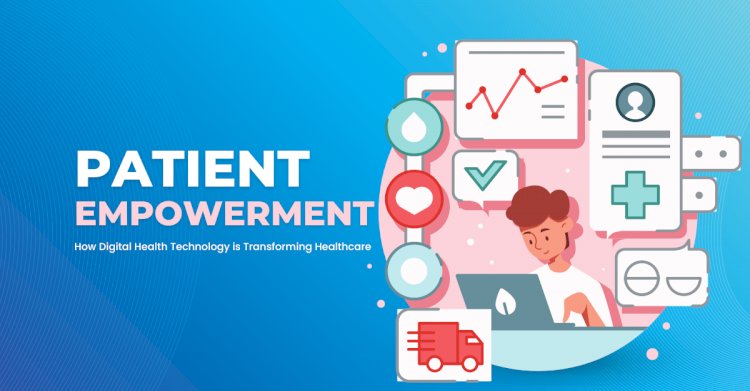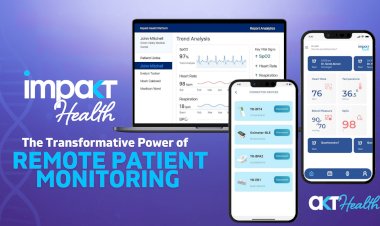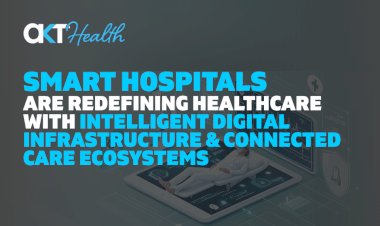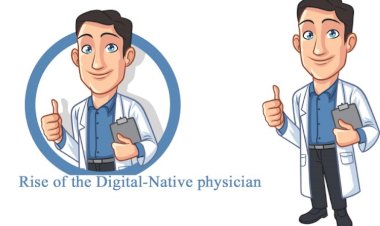Empowering Patients: How Digital Health Technology is Transforming Healthcare
In this blog, we will explore how digital health technology is enhancing patient empowerment and transforming healthcare.

The digital revolution has significantly impacted various industries, and healthcare is no exception. With the advent of digital health technology, patients now have more control over their personal health data, leading to increased empowerment and engagement in their healthcare journey.
Digital health technology has indeed been instrumental in enhancing patient empowerment in several ways:
- Access to Health Information: Gone are the days when patients had limited access to their health information. With electronic health records (EHRs), patient portals, and health apps, patients can now view their medical history, medications, allergies, and lab results with just a few clicks. This access to health information empowers patients to be more informed about their health conditions, treatment plans, and test results. Patients can actively participate in their healthcare decisions, ask questions, and make well-informed choices about their health.
- Remote Monitoring and Self-Care: Digital health technologies, such as wearables, mobile apps, and remote monitoring devices, enable patients to track their health parameters remotely. Patients can monitor their blood pressure, blood glucose levels, heart rate, activity levels, and more from the comfort of their own homes. This empowers patients to take charge of their health, make lifestyle changes, and proactively manage their conditions. Patients can share their health data with their healthcare providers, who can monitor their progress and provide remote guidance, leading to improved health outcomes.
- Personalized Care Plans: Digital health tools can generate personalized care plans based on patient's health data and medical history. These care plans can provide tailored recommendations for managing chronic conditions, improving medication adherence, and adopting healthy behaviors. Patients can actively participate in creating and following their personalized care plans, which are aligned with their health goals, preferences, and lifestyle. This personalized approach to care empowers patients to be more engaged in their healthcare journey and take ownership of their health
- Shared Decision-Making: Digital health technology facilitates shared decision-making between patients and healthcare providers. Patients can access information about different treatment options, risks, and benefits, and actively participate in discussions with their providers. Patients can express their values, preferences, and concerns, and healthcare providers can consider them in their healthcare decisions. This collaborative approach to decision-making ensures that patients have a voice in their healthcare choices, empowering them to make informed decisions about their health.
- Health Data Ownership: With digital health technology, patients have ownership and control over their health data. Patients can choose to share their health information with their healthcare providers, caregivers, or other stakeholders as per their preferences and consent. This gives patients a sense of control and autonomy over their health information, ensuring that their privacy and security are maintained. Patients can also actively participate in discussions about data sharing and consent, making them more aware and empowered about their health data.
- Health Behavior Tracking: Digital health tools can help patients track their health behaviors, such as physical activity, nutrition, sleep, and stress levels. Patients can monitor their progress, set health goals, and receive feedback, empowering them to take charge of their health behaviors and make positive changes. Patients can actively engage in self-care, monitor their health habits, and make informed decisions about their lifestyle choices.
Digital health technology is transforming healthcare by empowering patients to take control of their health. Patients now have access to health information, can remotely monitor their health parameters, receive personalized care plans, participate in shared decision-making, own their health data, and track their health behaviors. This increased patient empowerment can lead to better health outcomes, improved patient satisfaction, and more active engagement in healthcare decision-making processes. With the continued advancement of digital health technology, patients are poised to play a more active role in managing their health and well-being.

































